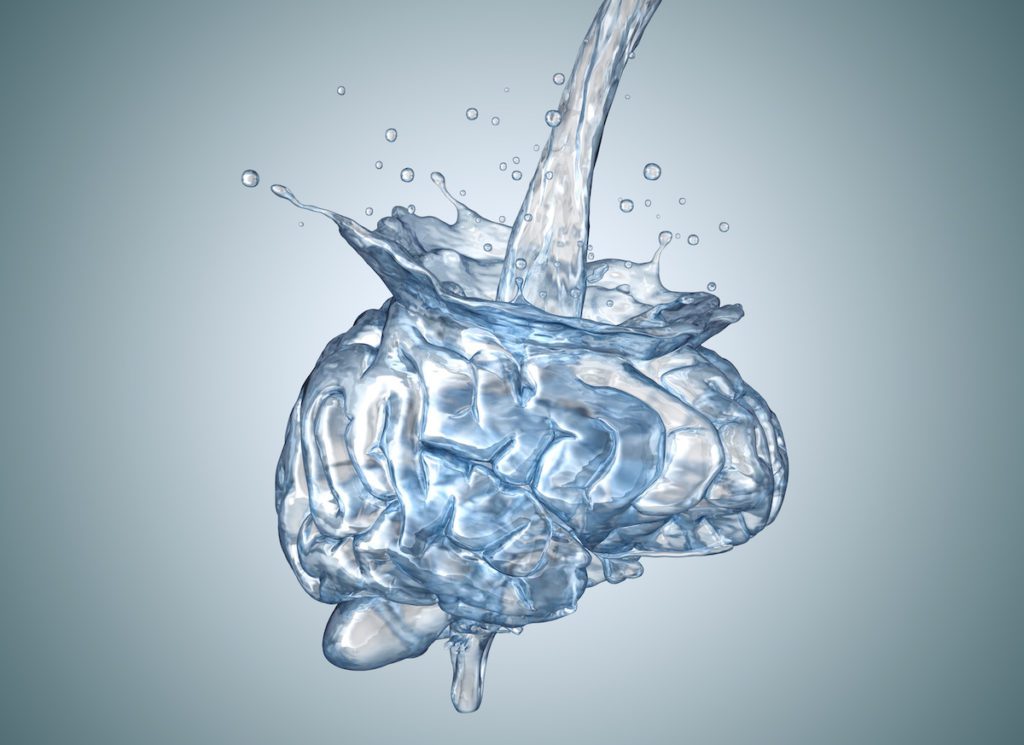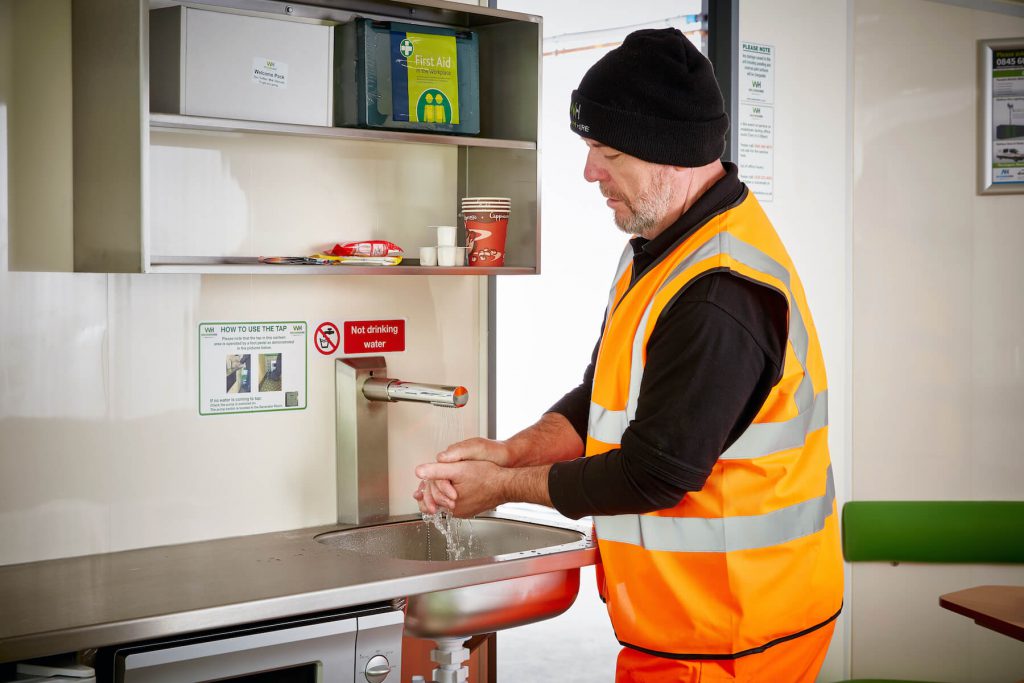Innovation is Key to Sustainable Water Usage
Blog-March 17, 2021
For over twenty-five years, the UN’s annual World Water Day has been raising awareness of the importance of water. With over 2.2 billion people living without access to safe water, and growing anxieties about the sustainability of our current water supplies, there could hardly be a more important topic to bring light to.
The construction sector is not exempt from these concerns: from cleaning facilities to concrete batching, sites use water in a variety of ways. And, while it’s easy to take that for granted, at Kelling Group, we believe it’s time to seriously consider how we could make our water usage more sustainable on site.

LET’S BE SMARTER ABOUT WATER
There are countless brilliant minds at work across the world, developing technology that will help improve the ways we use and distribute water. And fortunately, the same is true of construction.
The facilities in onsite welfare units are a great example. While traditional welfare units have relatively small water tanks and chemical toilets, the unique Smart Water systems in our welfare units utilise extra-large water tanks.
This enables a unique water flush system, which recycles grey water from the washbasins, ensuring that water wastage is drastically reduced, along with the service frequency, whilst delivering even greater handwashing and WC facilities.
But the impact of innovation can go much further than just this.

Sustainable Water Usage On Site – THE BIG PICTURE
As the pressure to make sites more eco-friendly increases, it’s important to consider how Sustainable Water Usage on site impacts our overall environmental footprint. Many seemingly negligible factors, such as servicing transport, actually produce very high carbon emissions over time, especially on large sites.
The efficiency and extra-large capacity of our Smart water systems in our welfare units therefore also positively impacts your site’s overall carbon footprint. And innovation once again provides the best solution to the problem.
By improving capacity by at least 50%, our Smart Water systems lessen environmental externalities. Standard welfare units require weekly servicing, whereas our ECO units only need servicing every 2-3 weeks on a like-for-like basis. This radically reduces the carbon footprint incurred from the servicing transportation, as well as saving man-hours and operational costs.
Ultimately, we believe this goes to show how relatively small innovations can have a far-reaching impact. By simply introducing innovative smart water systems, we’re able to use water more efficiently and reduce carbon emissions, as well as improve onsite hygiene and wellbeing.
Want to find out more about how you can be more environmentally friendly in our construction site and save water? Compare our welfare unit products or speak to our team who will be happy to advise you.